February is Women in Horror Month and every day the Horror Writers Association blog is running a Q&A with an award-winning woman member. Here are the highlights of the third week.
Talk about winning the award – how surprised were you? Did winning pay off in any interesting ways?
RG: I’ve never been a member of the HWA, so it’s always funny when people try to argue that they play favorites when giving the awards. They argue that people who campaign for the award – sending mass emails to friends and members offering free copies so that people will read it and recommend it for the Stoker – is a soul killing disease that paints the writer into that picture of favorite or pimp, depending on their involvement with the HWA. That hasn’t been my experience in terms of my work. I have never once campaigned. I have never once asked anyone to read it. I just do the work, and put it out there. My publishers offer free downloads or hard copies to reviewers. I think Roy may have offered a free download to HWA members when TFE made the final ballot. So I am always surprised to see my name on the preliminary ballot, and final ballot. Definitely surprised to ever win.
Chelsea Quinn Yarbro – February 16
What advice would you give to new female authors looking to break into horror?
CQY: Don’t put all your eggs in one basket — write in more than one genre. That way, if one market collapses, you have a fall-back position.
Tell us a little about your Bram Stoker Award-winning work(s). Inspirations? Influences? Anecdotes about the writing or critical reaction?
LM: I’ve won six times now, in five different categories (twice in Non-fiction, once each in First Novel, Graphic Novel, Long Fiction, and Short Fiction). However, I’m actually proudest of one loss – for my novel Malediction. That novel held significant personal meaning for me, it was a jury selection, and it lost out to Stephen King’s Doctor Sleep – overall it felt like the biggest win!
I have to confess that I’m disappointed I couldn’t put my last non-fiction book Ghosts: A Haunted History in the running for the award, but when I took over as HWA’s President in 2014 I removed all my solo works from consideration as long as I’m in office.
Do you think women in horror face more difficulties than their male peers?
AB: Yes. I’ve had much support from some great male writers but there are always a few who will try to bring you down if you do something they don’t agree with. That time I outed the fascist/racist David A. Riley caused me some problems. A few writers tried to cause trouble for me but it backfired on them. Speaking up is important as America faces the terrible years ahead with Trump dedicated to dividing the country. If you see hatred and racism, inequality regarding LGBTQ and women’s rights, discrimination against any minority ….SPEAK OUT…if you don’t who will? My advice to women is do what your conscience tells you to do. Write what you want to write not what you think others might want to read. If you ask yourself how will this affect your career….that is the wrong question to ask. Whether it is fiction or fact write it and those who are meant to be with you will support you.
What advice would you give to new female authors looking to break into horror?
YN: I said it up there. Write like a writer. Don’t write like a woman, don’t write like a man. Write like a writer, like you. Write the absolute best that you can. And what I tell every writer trying to break into any genre: Read your stuff aloud, like you were an actor on the stage. If you’re self-conscious, then do it when no one else is home or lock the door. That’s the way you’ll get around your brain telling your eyes everything is good. That’s how you’ll find the weird wording, bad punctuation, too-long sentences, misspellings. Reading aloud is golden.
About winning the award – how surprised were you? Did winning pay off in any interesting ways?
LT: Good question. I wasn’t totally surprised, because I remember having a conversation with Harlan Ellison in which he ‘strongly’ advised me not to miss the World Horror Convention that year, so I admit I had my hopes up. Also very exciting was the fact that Joyce Carol Oates won a Stoker that year in the Best Novel category for ZOMBIE, so it was wonderful meeting her as well as Harlan Ellison.
What new works from you can we look forward to in the future?
NH: I’m finishing the novelization of the new Wonder Woman film—very excited about that!—and co-writing a new Buffy Encyclopedia to celebrate the 20th anniversary. My co-contributor is my original Buffy editor, Lisa Clancy, so that’s a dream come true. I’m working on a Gothic project I am super excited about but I can’t talk about it much right now. I’m also working on some short stories.
Do you think women in horror face more difficulties than their male peers?
SL: I do, but these problems are not by any stretch limited to the horror field. While there are sub-genres of horror that employ tropes that are outright misogynistic (using rape as titillation, for instance) as a working professional writer, what I mostly see is an extension of the garden-variety bias you find everywhere. Namely, the perception that women’s work is going to be less vital, less edgy, less interesting than men’s work. And #notallmen, of course; some of my most loyal fans are male readers. But the general trend for a long time has been that female fiction writers are less likely to be published outside of romance, and when they are published, their books are less likely to be reviewed or noticed. Strange Horizons and Vida have gathered statistics on all this.
But a bigger problem for all women artists is being able to preserve their time and energy to get their creative work done. In most communities and families, women are still expected to be the ones who largely take care of the kids, do the cooking, do the cleaning, care for aging parents and sick relatives. Women are still expected to put their husbands’ career aspirations and children’s needs first. The result is that women are often left with less time and energy and support for their writing.
Even just getting ready in the morning — women are expected to sink more time and energy into our appearances, and we are criticized more harshly for looking unkempt or sloppy. I try to be as low-maintenance as I can, but I’m sure I spend a solid half-hour more per day on grooming and dressing than my husband does. That works out to over 180 hours per year! Most women spend a whole lot more time there than I do; I don’t even wear makeup every day. It’s very hard for us to set that time sink aside because we’ll be penalized socially and professionally for it.
More men are pitching in on childcare and household chores than they did in past decades, but the cultural conditioning men and women both receive make it harder for women to preserve the time and energy they need to develop careers as writers and artists. It’s getting better, but there’s still a long way to go.
Do you think women in horror face more difficulties than their male peers?
DKF: HWA is making great strides in changing the opportunities of women in horror, and I hope a question like this will be outmoded soon. I feel that women writing in horror were seen in the past as “writing outside their genre.” HWA’s scholarships and the amazing Seers’ Table column are encouraging a new generation of women as they see the possibilities.
Tell us a little about your Bram Stoker Award-winning work(s). Inspirations? Influences? Anecdotes about the writing or critical reaction?
PDC: I won a Bram Stoker in 1996 for my short story, Metalica: a “touching” story about a woman and her speculum. Yes, you read correctly: speculum. Now, in case you’re not sure what a speculum is, let me explain that it is a medical tool designed to investigate body orifices, most commonly gynecological orifices. I have often described it as a cross between salad tongs and the Jaws of Life. Talk about horror, right?
So, if you ask about inspiration, I guess you can say that I had personal knowledge of the subject matter—but certainly not as well as my character had. And that’s where the horror came in. I took a common, if not pleasant experience may be, and twisted it out of all proportions.
Pun intended, if you read the story.
For me, that’s the secret of horror: take reality and give it a twist.
That’s what I did with Metalica and it apparently worked better than I expected. I was asked by Jeff Gelb (one of the editors for FEAR THE FEVER—The Hot Blood Series, where the story was published) if I could use my gender specific real name.
It seemed that the one of the editors for Pocket Books (a woman editor, I might add) was worried that the story might offend women readers if they thought a man wrote it. I’ve always thought that it was the story that mattered, not really the writer, so I agreed and you’ll notice that that byline reads Patricia D. Cacek.
My dear friend and mentor, Edward Bryant (who just passed) told me I should never have given in, but it seemed like a small concession to me at the time and still does. As I said before, it’s the story that matters.
Elizabeth Monteleone – February 25
Talk about winning the award – how surprised were you? Did winning pay off in any interesting ways?
EM: I feel like I cheated a little. I had as a co-editor the BRILLIANT Thomas F. Monteleone. Thank goodness he saw talent in me. Having been a life-long reader, and lover of books (I wish I could remember who said this but it applies to me “I’m a literary whore, I’ll read anyone.”) I started reading the slush pile and the stories I sent on to Tom seem to have impressed him because he told me I had an unerring instinct for what comprised a good story. High praise indeed!
Winning gave me a confidence I didn’t know I lacked when it came to validating my ability to recognize good writing.
Discover more from File 770
Subscribe to get the latest posts sent to your email.

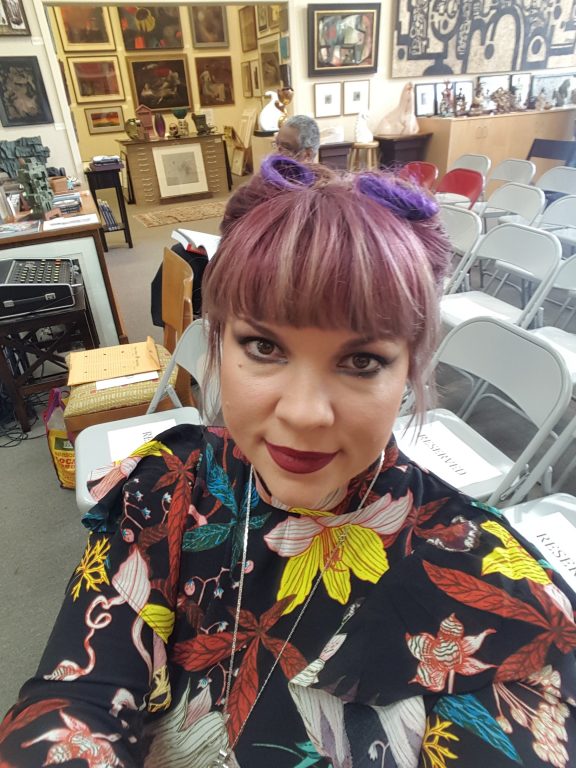
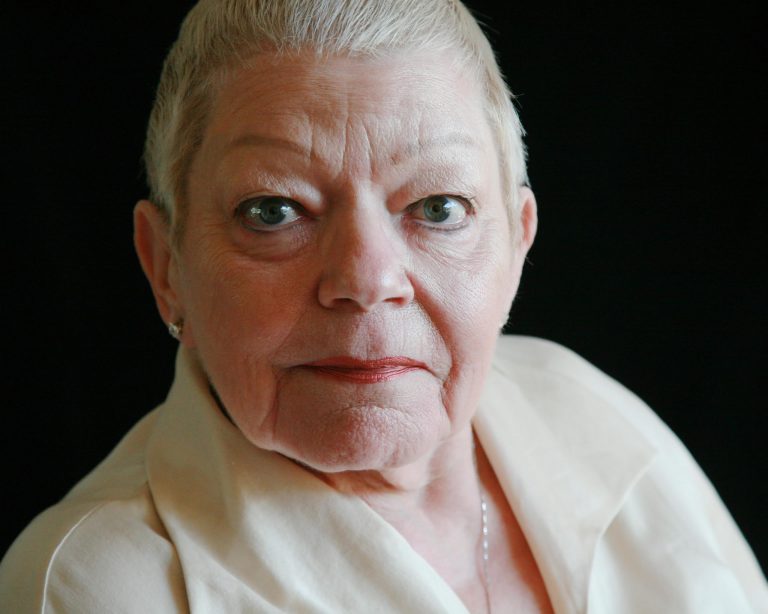

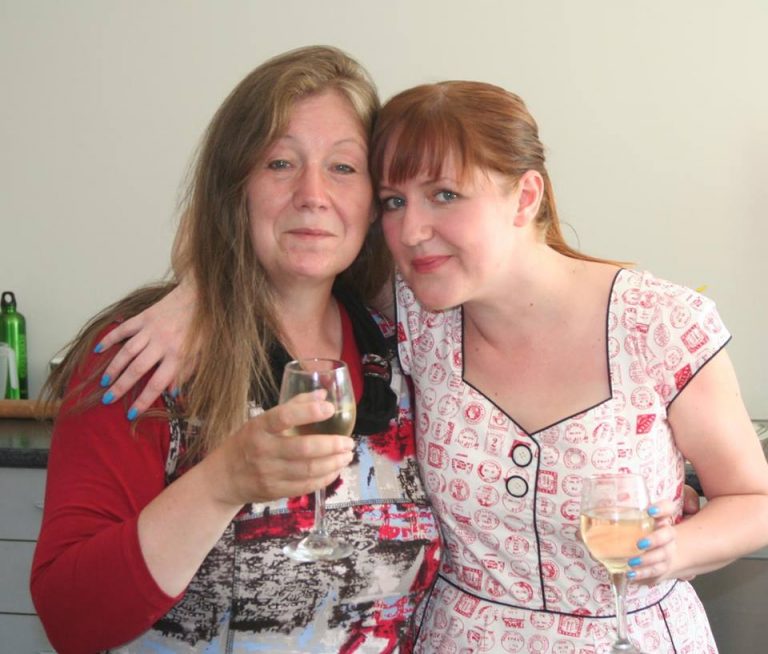
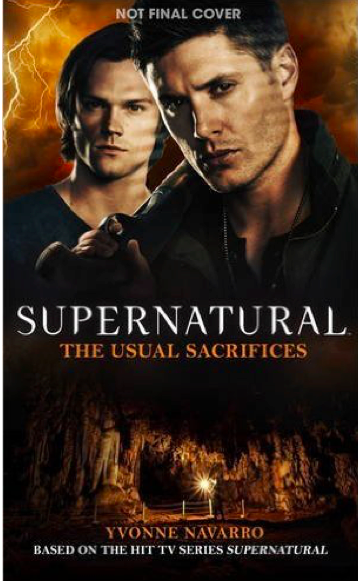
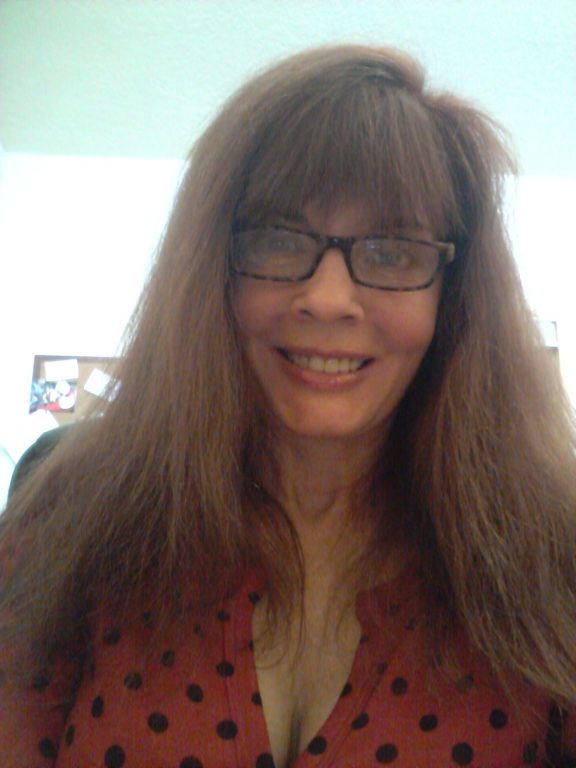
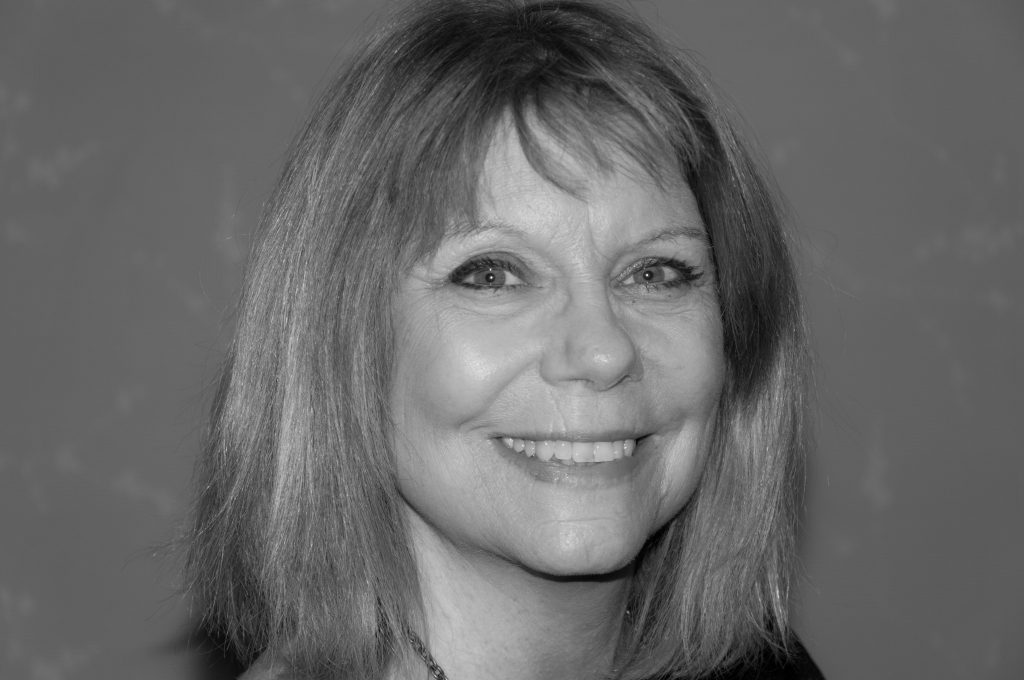
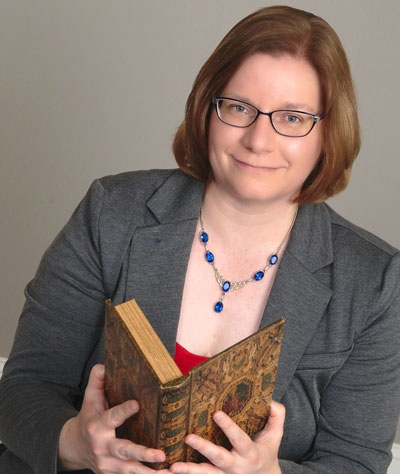
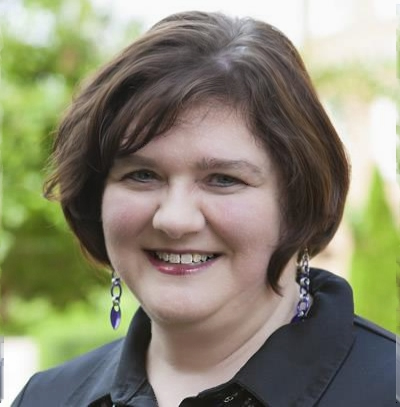
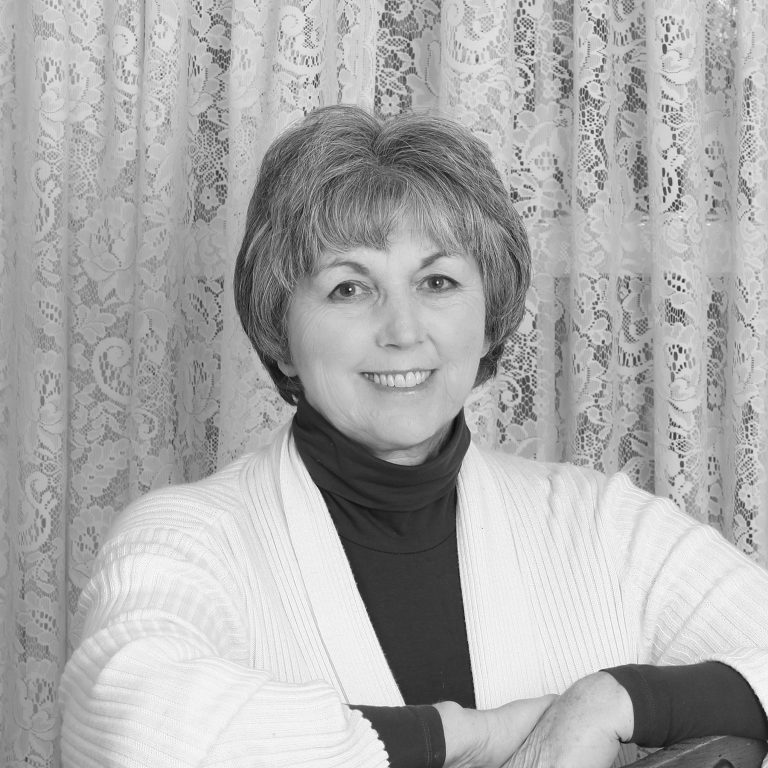
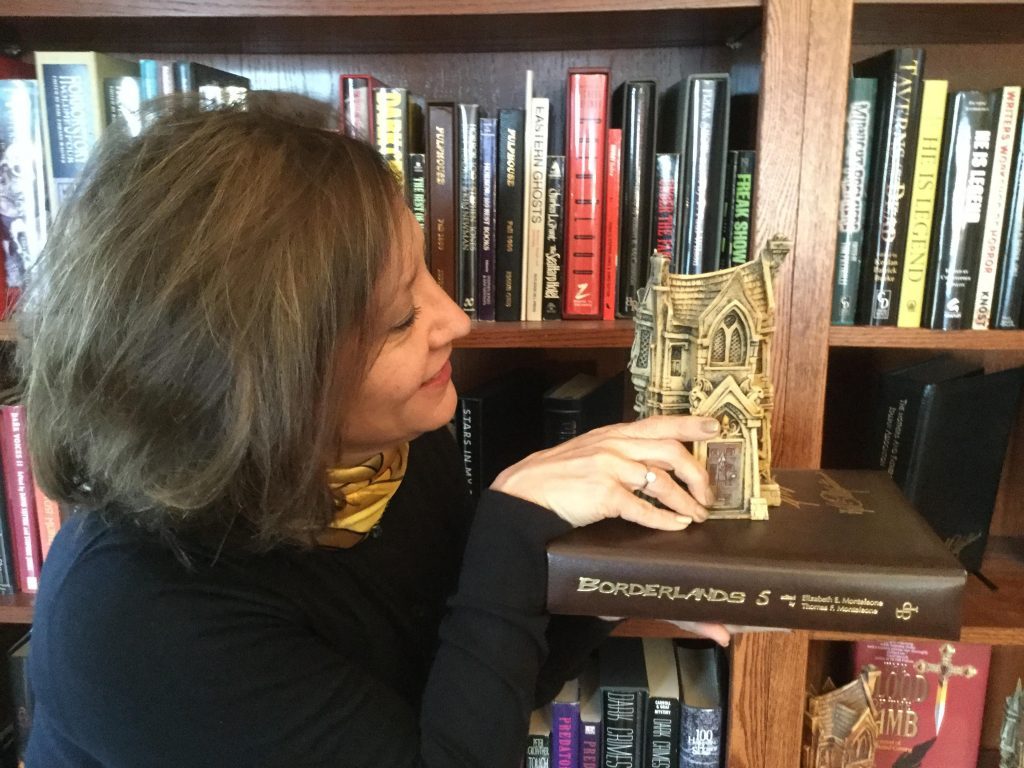
Love this series! Lots of great stuff added to my reading list as a result of reading through it.
Very cool write up, lot’s of good advice and interesting viewpoints.